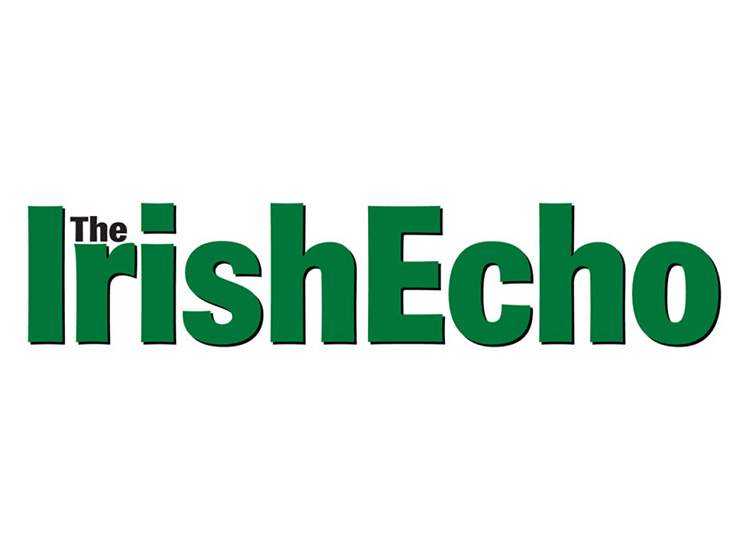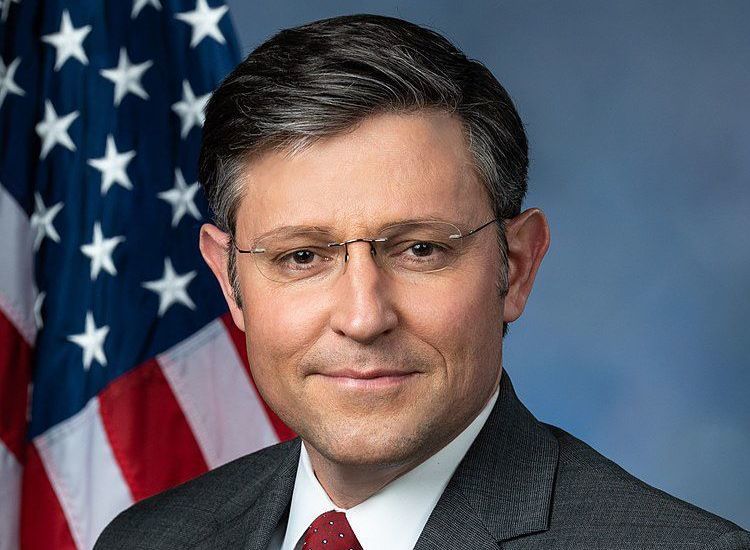Brexit has Irish voters thinking of more than just currency exchange in the context of the border.
By Anthony Neeson
A new opinion poll which suggests that the majority of people in the Republic of Ireland would favor a united Ireland has been dismissed by unionist politicians in the North.
The Red C poll for Paddy Power, which was published on Friday, shows that 65 percent of people polled said that they would vote “yes” if a referendum was held tomorrow on a united Ireland – an increase of eight points compared to 2010.
Thirty percent said they would vote against a united Ireland, while five percent were “Don’t Know.”
Since Britain voted to leave the European Union on June 23 and Northern Ireland voted to remain in the EU, Sinn Féin has called for an Irish border poll, while both Taoiseach Enda Kenny and Fianna Fáil leader Micheál Martin have both said that a referendum on Irish unity may have to be held in the future.
Responding that he was “reasonably heartened” that 30 percent of respondents would vote “no” to Irish unity, East Derry DUP MP Gregory Campbell told the Newsletter in Belfast: “But whether it’s 30 percent of 60 percent it doesn’t really matter – it’s not an issue for the people of the Irish Republic, it’s an issue for the people of Northern Ireland, and we don’t wish to join them.”
Danny Kennedy, who is an Ulster Unionist MLA for Newry & Armagh, said: “Brexit has caused a major political ripple but I think some people need to face the political reality.
“It does not in any way trigger even a debate on the constitutional status of Northern Ireland remaining a part of the United Kingdom.”
Meanwhile, speaking at the weekend, Sinn Féin’s national chair, Declan Kearney, said that the Brexit vote had “swept away all of the old assumptions.”
“The British state as we have all come to know it, is in constitutional, institutional and political crisis,” Kearney said.
“A moment has arrived to begin a considered conversation about Ireland’s future, to begin talking to each other about new relationships, and the compromises and arrangements upon which such a new future should be based."
The Red C poll found that the highest support for a united Ireland was among Sinn Féin supporters at 79 percent, while the lowest support was among Fine Gael voters at 58 percent.
The region with the biggest support for a united Ireland was Leinster (69%), compared to Connaught/Ulster (68%), Munster (68%) and Dublin (56%).
The age group most likely to back a united Ireland are those between 55 and 64 (70%), the poll found.









